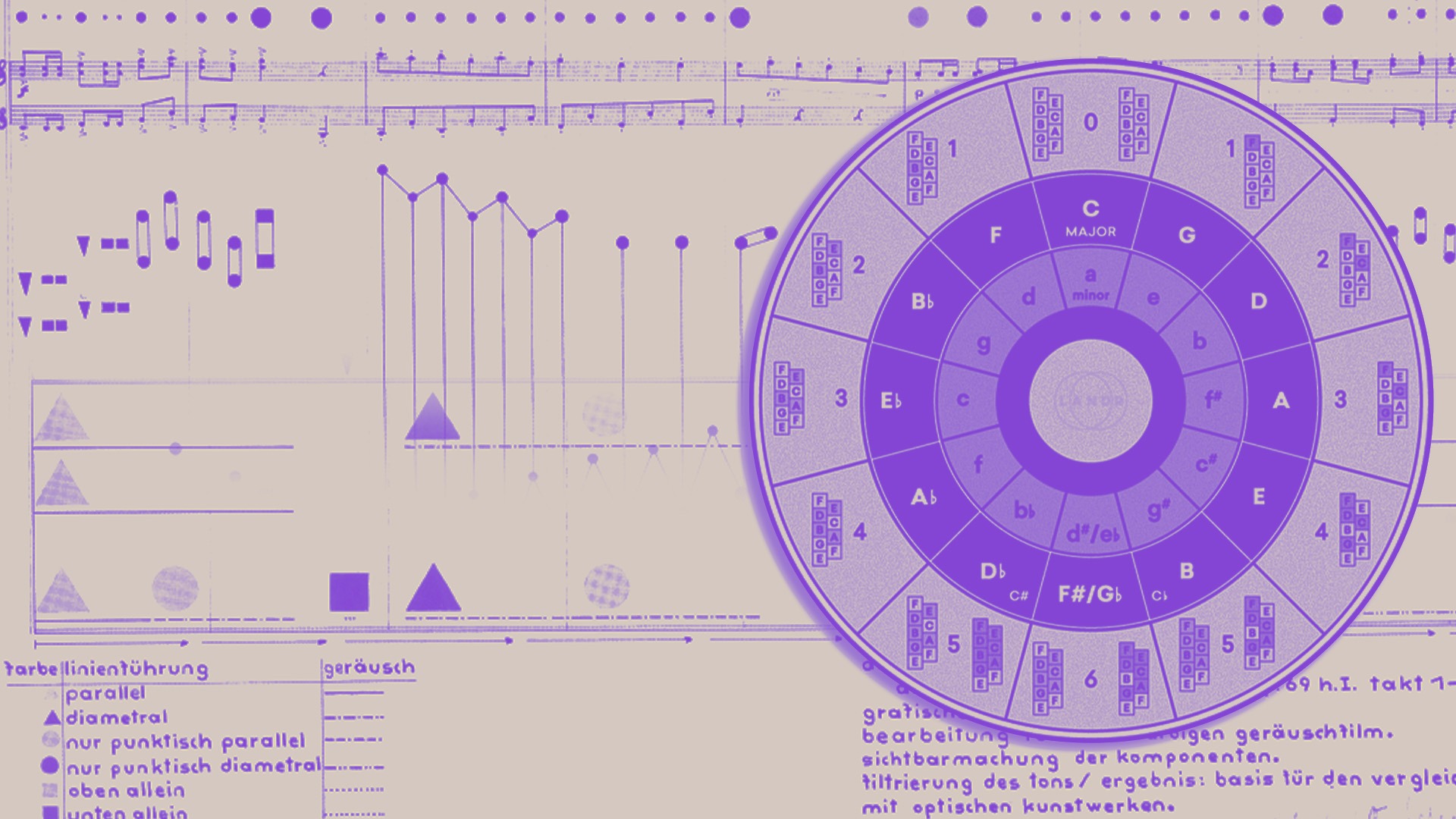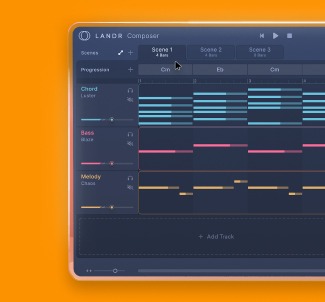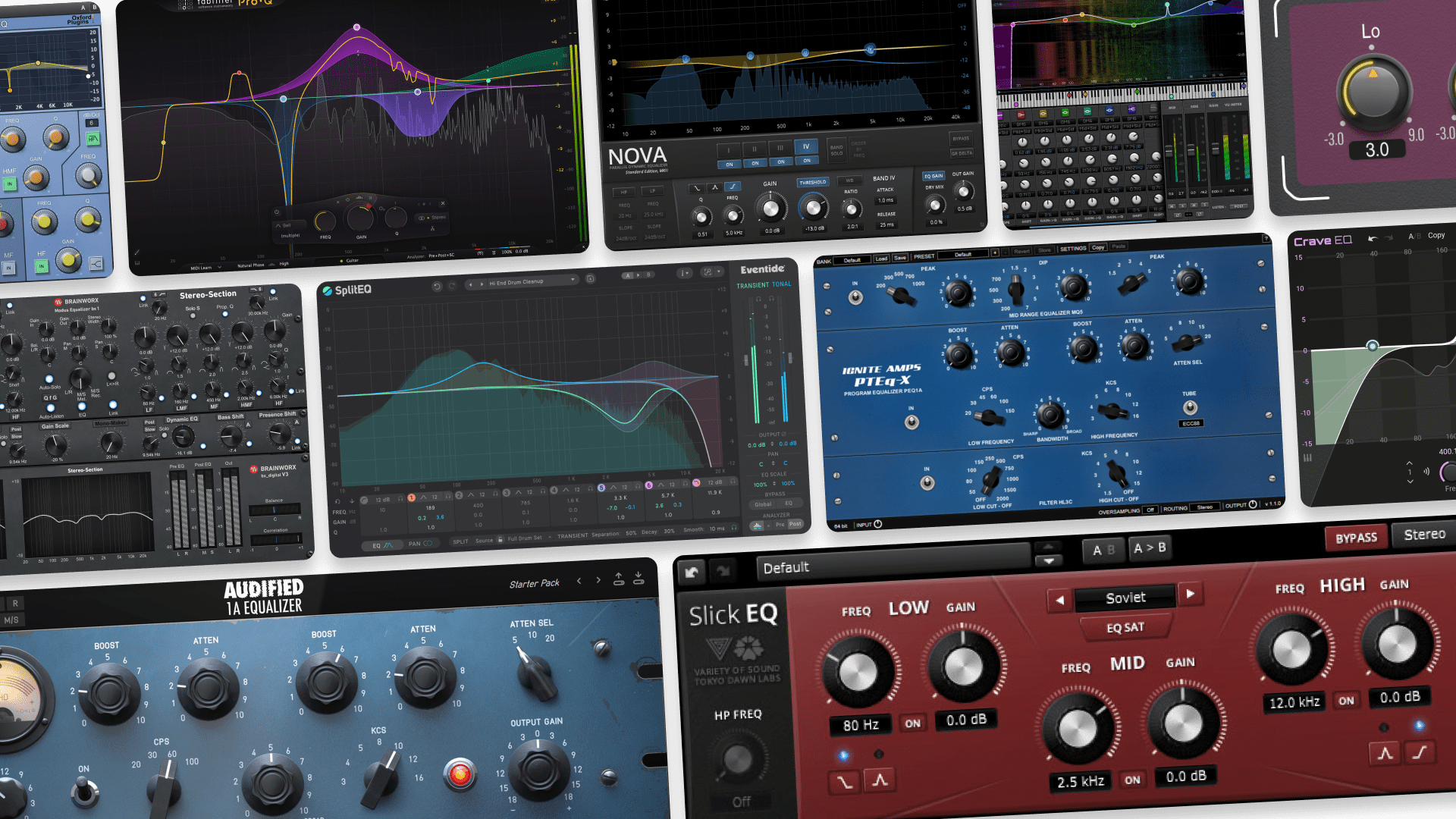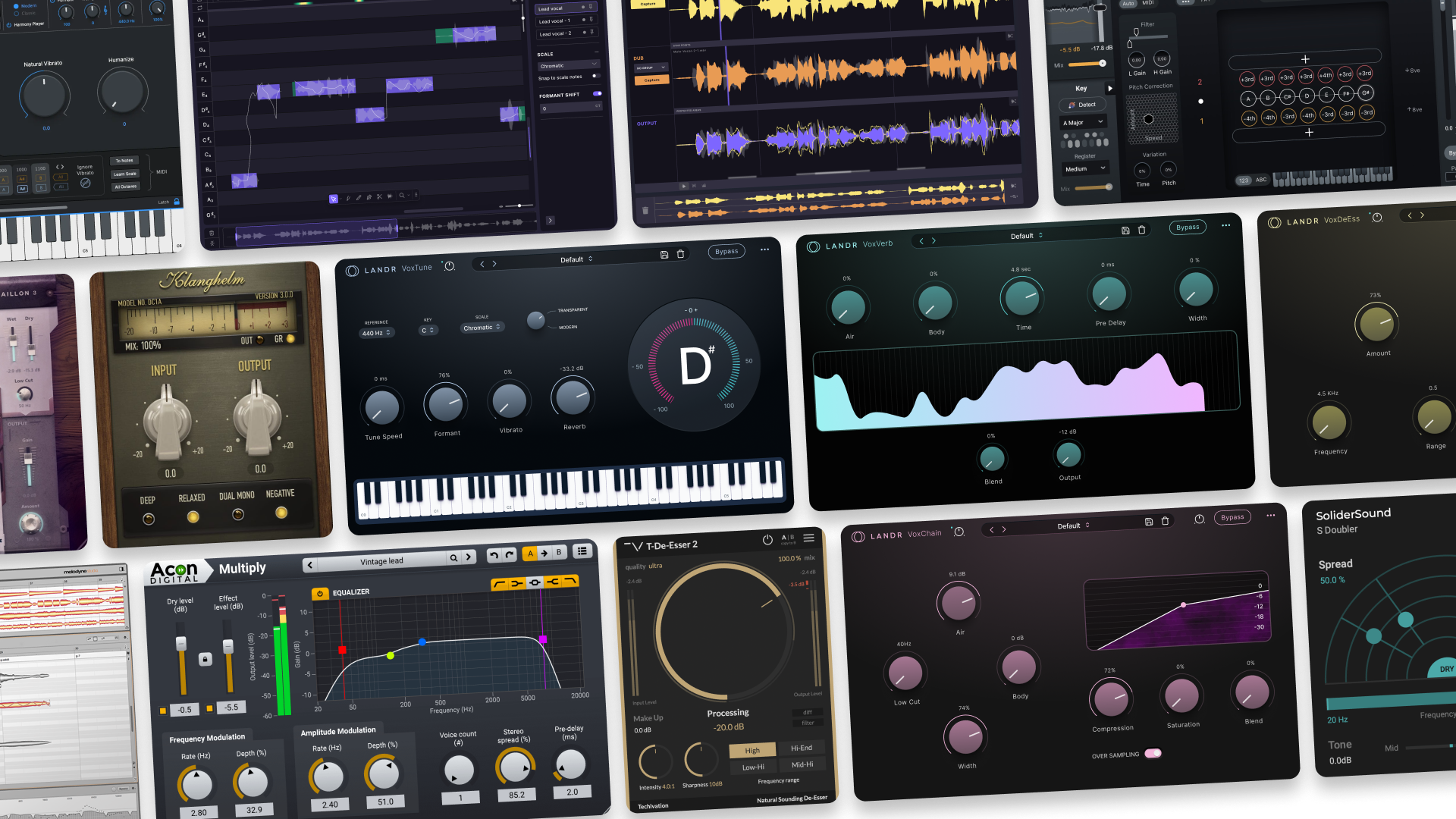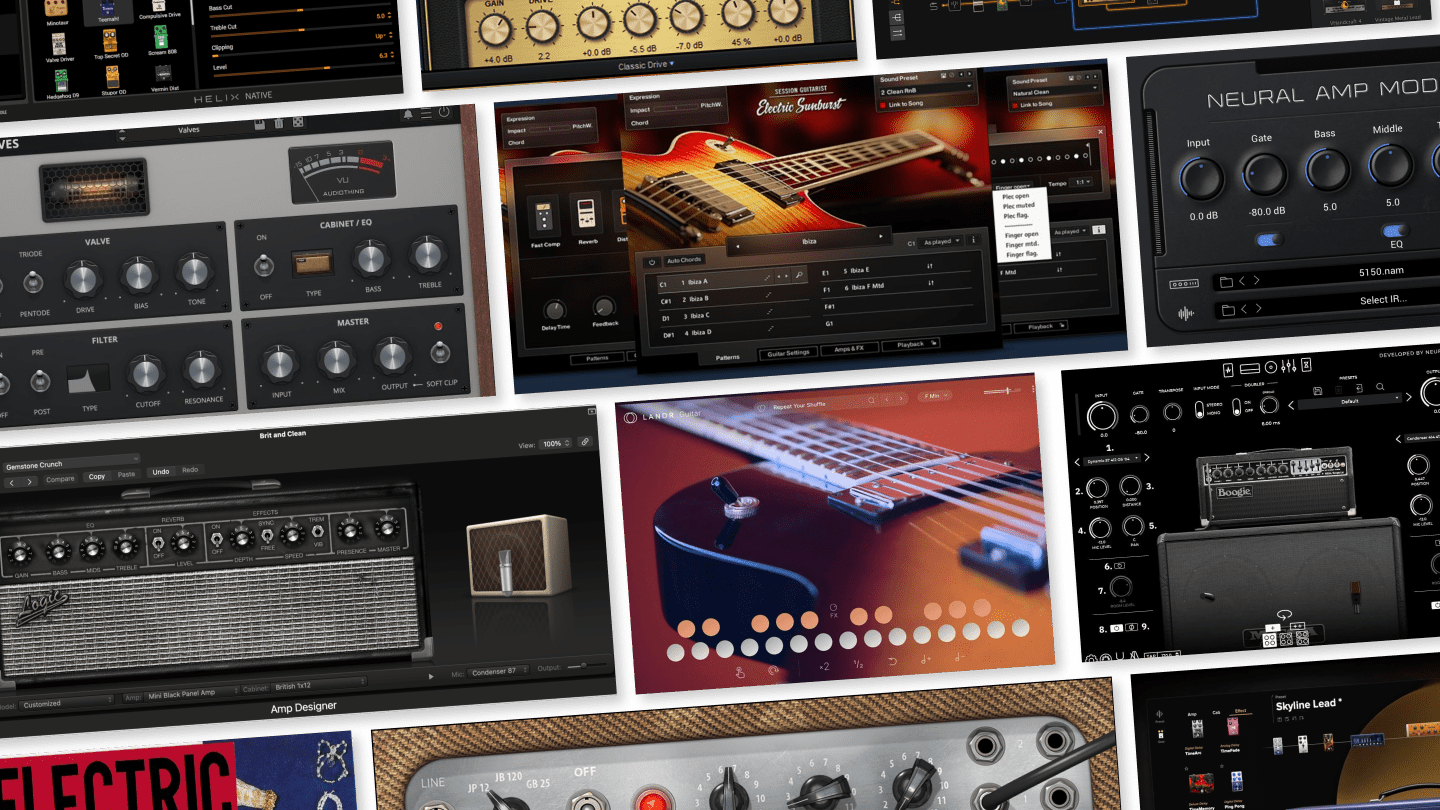
How AI Can Help You Learn Music Theory
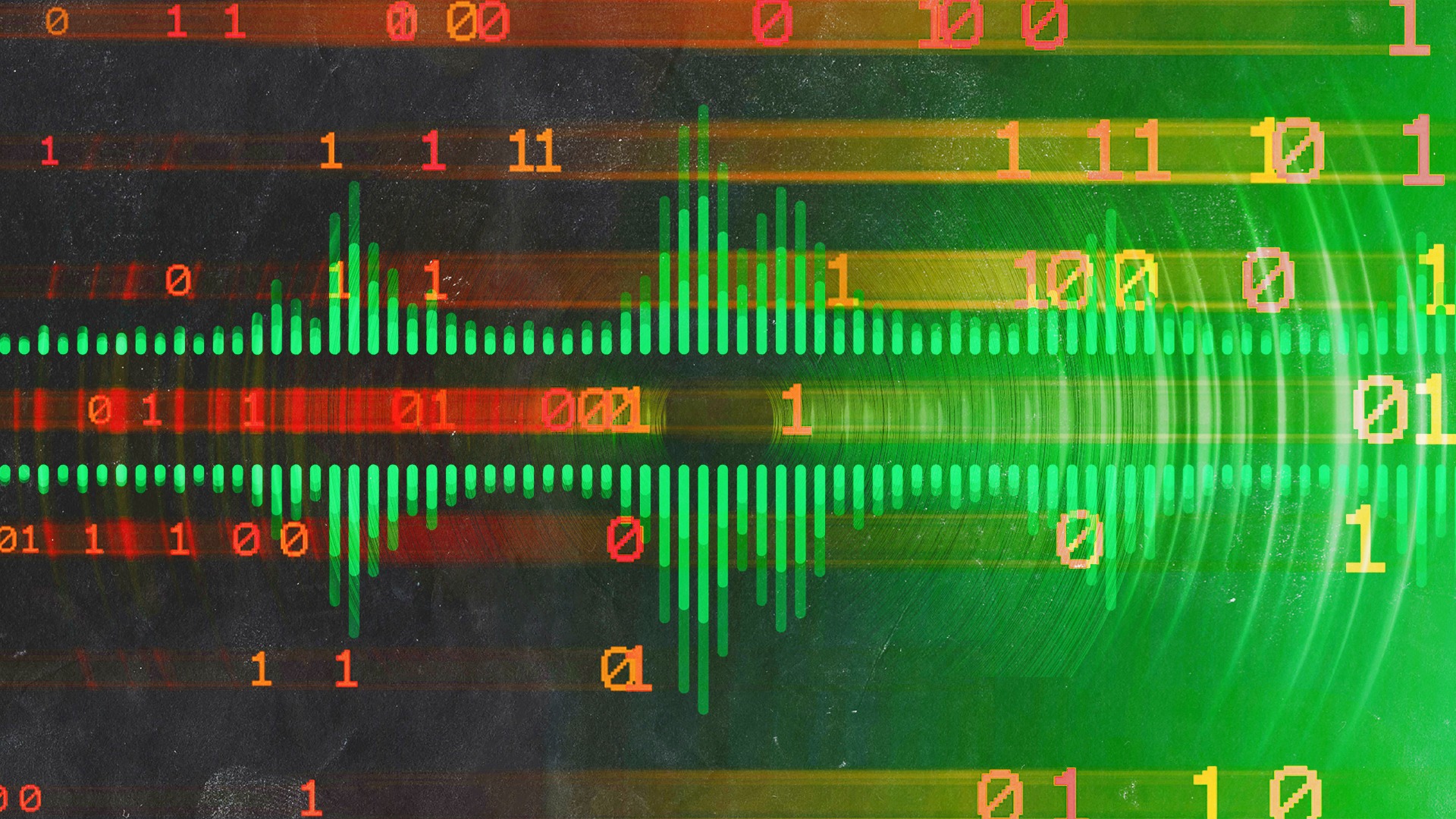
Music theory is maybe the biggest area of music production where producers struggle the most. It takes time and discipline to sit down and study music theory.
Sure, there are smart tools that can help you use more complex rhythms, chords and chord progressions.
But if you want to know the mechanics behind those chords, chord progressions and rhythms, your only real option is to sit down and study music theory.
The good news is that there are so many resources available online at little to no cost. On top of that, AI learning tools are making it easier to both learn and apply your new knowledge.
In this article, we’ll unpack all the best AI tools for learning and applying music theory concepts to your own music.
Music theory AI tools
The first and most obvious way that AI can help you with music theory is via chatbots.
Since 2023, chatbots have changed online education. AI tools have provided increasingly smart, well-written and easy-to-understand answers.
It’s like having a companion who’s read and studied every music theory text ever made.
Here are a few ways to get the most out of AI chatbots.
LANDR Learn AI
If you haven’t checked out LANDR’s learning platform, you should give it a try.
It has hundreds of instructor-led tutorials that give you real advice from real humans.
But best of all, LANDR Learn also includes a chatbot that’s been trained on every tutorial in the LANDR Learn library, making it easy to find exactly what you’re looking for.
If you have a specific topic you’d like to learn more about, start a chat and LANDR Learn will point you in the right direction.
LANDR’s chatbot knows exactly which course is best for you based on your exact needs.
Music theory prompt ideas
If taking a course doesn’t make sense for your learning needs, there are still plenty of uses for AI chatbots like ChatGPT, Gemini and others.
The best prompts for these tools are for specific questions that require yes-or-no answers or simple directions.
Whether it’s a question about a difficult-to-find feature in your DAW, audio routing, sample size, or settings configuration, ChatGPT is a go-to for troubleshooting.
Because these tools are trained on established sources, they save you from sifting through Reddit or Gearspace and fetch you a solid answer in seconds.
ChatGPT and its counterparts have also proven useful for offering creative and out-of-the-box suggestions for specific mixing and production issues.
A producer I know once asked ChatGPT for help with improving a poorly recorded, thin-sounding violin section.
ChatGPT suggested using a violin impulse response to help recreate the natural resonance of a violin body, which proved to be useful advice the producer hadn’t thought of.
So if you’re running into specific mix problems and you’re not getting helpful answers from YouTube or learning platforms, going to ChatGPT is never a bad option.
Just be careful to treat its advice with a grain of salt, since these tools are known to sometimes hallucinate and essentially make up false advice.
Music theory chatbots
One of ChatGPT’s greatest strengths is that it allows users to create and share chatbots for specific use cases.
Right now, there are dozens of music theory-focused chatbots available to chat with. These bots are trained on every music theory resource imaginable, giving them the ability to answer just about any music theory question.
Here are a few chatbots on ChatGPT to try:
- Music Theory by Picks Labs
- Music Theory GPT by Theodore Bourgeois
- Music Theory by Logan Young
- Music Theory Guru by uni.com.ai
- Music Theory Tutor by Castyel1
Whether you’re looking for interesting new chords, chord progressions common to a specific genre or tips on improving your arrangement, these tools are full of advice and tips.
Of course, these tools do have limitations in the sense that they can’t teach or show you how to play a certain instrument. They also don’t have the natural intuition of a human teacher.
But for specific music theory questions, quizzing, ideation and problem-solving, music theory-themed chatbots can be a good resource.
Chord generation tools
Learning music theory is a valuable practice that can improve your music for the long haul, but it can take time and dedication to learn. Plus, you won’t necessarily know everything right away.
Luckily, you don’t have to let a tough learning curve get in the way. Today’s smart chord generation tools can help you start making better music right now.
Tools like LANDR Composer are powered by machine learning algorithms that can generate interesting chord progressions and arrangements in seconds.
It can even create basslines and harmonies to complement the chord progression you generate.
If you’re curious about trying LANDR Composer, you can trial it for 7 days right now!
Ask your robo-teacher
The rise of AI music tools marks a significant shift in how musicians can approach and master music theory.
While dedicated study remains essential for understanding the underlying mechanics, applications like LANDR Learn AI, general-purpose chatbots (ChatGPT, Gemini), specialized music theory bots and chord generation tools like LANDR Composer offer invaluable resources.
These AI companions act as personal tutors for specific questions, troubleshooters for production issues and powerful engines for generating complex chords and arrangements instantly.
By leveraging these intelligent technologies, you can overcome the tough learning curve, apply new knowledge immediately and enhance your music for the long haul.
Gear guides, tips, tutorials, inspiration and more—delivered weekly.
Keep up with the LANDR Blog.

